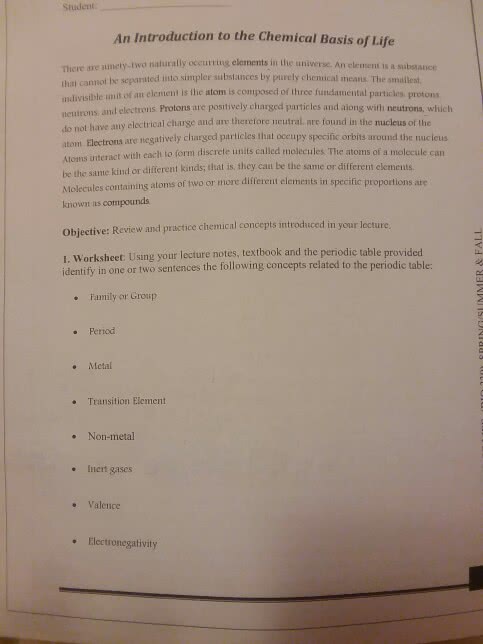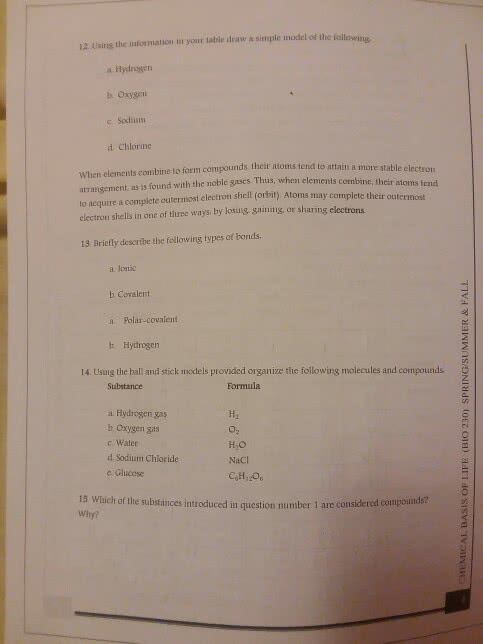Food web studies have come a long way since the early 1900s when ecologists began developing these tools to understand species interactions and ecosystem level processes (2-5). From that point forward, food web ecology grew rapidly developing into its own sophisticated, technical sub-discipline of ecology (2-5). Tools involved in tracking species interactions, as well as the quantitative tools to analyze food webs, improved and diversified (6-11). These technological innovations were accompanied by the construction of several high quality food webs from diverse biomes (7). The wide diversity of food webs provided the opportunity to explore some of the fundamental properties pertaining to the structure and function of ecosystems (7). However, there is still much about food webs that remains unexplored, particularly investigations of understudied taxonomic groups like the parasites that are typically not included or aggregated in food webs (12-17). Here you have the opportunity to investigate a food web of your choice and explore some of the implications related to food web construction and analysis.
Conduct a literature search and find a peer-reviewed scientific article describing an original, empirical food web and answer the following questions.
Questions
What biome and scale does the food web represent? For example, was it a lake, a pond, a desert? How was the extent of the food web determined? Was it based on the physical characteristics, biological community or arbitrarily by the researchers based on their specific question?
What taxonomic groups were included in the food web? What level of taxonomic identification (species, family, order, etc.) was used for those groups? Was it the same for all or did it vary?
What groups were excluded or aggregated in the food web? What are some of the characteristics of these groups? How might the characteristics of these organisms contribute to this issue?
How did the researchers determine the types of interactions taking place in their food web? What general approaches were used and how did this differ among taxonomic groups?
Overall, how might excluding or aggregating different groups have influenced the results of the study? How might the researchers address these issues?





